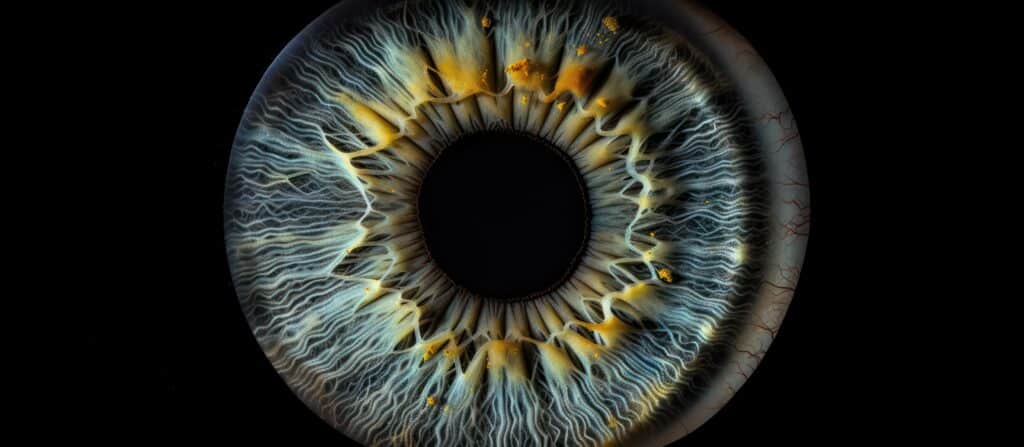Cataract surgery is one of the most common and successful procedures performed worldwide, restoring vision for millions of individuals each year. Tower Clock Eye Center surgeons offer the latest technology and intraocular lens (IOL) options for cataract surgery to assure the best possible outcomes.
While the focus is often on the removal of the clouded lens and its replacement with an artificial IOL, the health and integrity of the corneal surface play a vital role in achieving optimal surgical outcomes. Below you’ll learn the significance of corneal surface treatments before cataract surgery and how they contribute to the success of the procedure.
Understanding the Corneal Surface:
The cornea is the clear, dome-shaped outer layer of the eye that covers the iris and pupil. It plays a crucial role in focusing light onto the retina, enabling clear vision. Any irregularities or abnormalities on the corneal surface can impact visual acuity and the overall success of cataract surgery.
Importance of Corneal Surface Treatments:
- Optimizing Visual Outcomes: A smooth and healthy corneal surface is essential for achieving optimal visual outcomes after cataract surgery. Even minor irregularities such as dry spots or corneal abrasions can lead to refractive errors and visual disturbances postoperatively. Corneal surface treatments help address these issues, ensuring a clear and stable ocular surface for accurate IOL power calculation and precise vision correction.
- Enhancing Surgical Precision: During cataract surgery, precise incisions and manipulations are performed on the cornea to access and remove the clouded lens. Any pre-existing corneal irregularities or dryness can complicate these steps, increasing the risk of complications such as corneal abrasions, epithelial defects, or delayed wound healing. By optimizing the corneal surface before surgery, Tower Clock Eye Center surgeons can improve the predictability and safety of the procedure.
- Reducing Risk of Infection: A compromised corneal surface is more susceptible to microbial contamination and postoperative infections. Corneal surface treatments, such as preoperative antibiotics or lubricating drops, help reduce the risk of infection by promoting a healthy ocular surface environment and minimizing the presence of pathogens.
- Improving Patient Comfort: Dry eye syndrome and ocular surface discomfort are common among cataract surgery candidates, particularly in older adults. Addressing these symptoms before surgery with lubricating eye drops, punctal plugs, or other surface treatments can improve patient comfort during the perioperative period and enhance overall satisfaction with the surgical experience.
Common Corneal Surface Treatments:
- Lubricating Eye Drops: To alleviate dryness and improve tear film stability.
- Topical Antibiotics: To reduce the risk of infection and promote ocular surface health.
- Punctal Plugs: To conserve tears and minimize evaporative dryness.
- Corneal Debridement or Epithelial Removal: In cases of recurrent corneal erosions or epithelial irregularities.
Conclusion:
Preparing the corneal surface before cataract surgery is essential for achieving successful outcomes and ensuring the safety and comfort of the patient. By addressing dryness, irregularities, and other surface abnormalities, surgeons can enhance surgical precision, reduce the risk of complications, and optimize visual outcomes.
If you’re considering cataract surgery, discuss with your doctor the importance of corneal surface treatments. To schedule your appointment with us, please call (920) 499-3102.

